Five Questions With… Sean Hayden
The Toronto-based composer with an impressive track record of music for TV commercials is now moving into soundtracks. Here he details his background, the challenges media composers face, his work with alien sounds, and some advice for those entering this line of work.
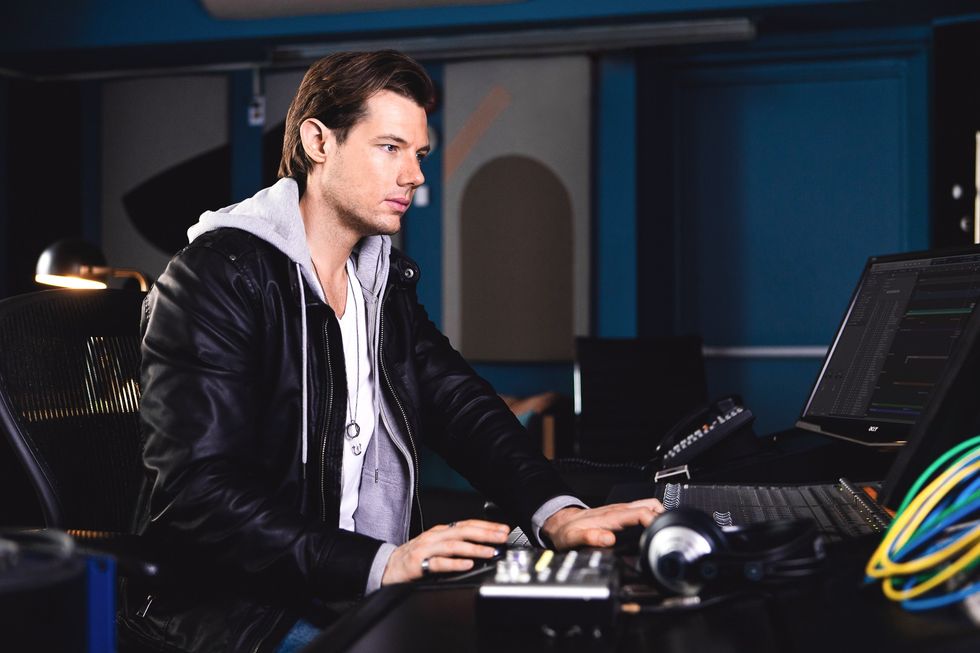
By Jason Schneider
Sean Hayden is a Toronto-based composer originally from the suburbs of Vancouver, whose music you’ve likely heard if you’ve turned on television over the past few years. As someone who generally works in that specific medium, Hayden is part of a small group of creators who rarely get talked about in discussions of the wider music industry.
But with an impressive list of credits that includes advertising campaigns for Nissan, Budweiser, Tim Hortons, President’s Choice, Red Bull, and many others, chances are Hayden’s music has seeped into your subconscious just as much (or more) than any current hit song on the radio.
As he expands his scope into doing more soundtracks—one of Hayden’s recent projects is the internationally syndicated Canadian adult animated series Gary And His Demons. We had a chance to speak to his non-traditional route to success, starting with a degree from Berklee College of Music, to landing an in-house producer position at Toronto’s Eggplant Collective, to going out on his own.
For more info, go to seanhayden.net.
How did you get your start writing music for television?
It was one of those weird moments in life where it felt like the universe just handed me a gift. I asked a friend of mine how he got into composing and what he thought I should do to pursue the same avenue. His suggestion was to find another composer who needed assistance. I balked; I was living in Vancouver at the time and thought, “How on earth am I going to find someone who needs my help?”
The next day, I went on Craigslist and found an ad that said something like, “Busy composer needs help.” I couldn’t believe it; it felt like a Twilight Zone moment! So I emailed the guy, he responded and we started working together.
What are some examples of your work that you're most proud of?
It’s not necessarily the biggest projects that you’re always going to be the proudest of, but rather it’s the work you put your heart into, and that you don’t compromise on. One project that comes to mind was a three-minute short advert featuring the Game of Thrones actor Peter Dinklage.
I’m proud of that one because I didn’t compromise anything and did more or less exactly what I wanted to do. Fortunate for me, the client was ecstatic, and they completely bought into the concept I had presented to them. Often though the proud feeling you get for these things isn’t until well after the gigs. Additionally, a lot of the musical works I’m most proud of have yet to see the light of day, but there’s always the hope they will appear on some project someday.
What are the biggest challenges to writing for specific projects?
One of the biggest challenges is just starting. It’s like going to the gym—often it’s not the gym that’s tough, it’s putting on the gym clothes and traveling to the gym that’s the hardest.
Another challenge that all media composers face these days is temp love. Temp love is, for example, when a director falls in love with the temporary placeholder music that was put on the edit and wants you to do something similar. Often the temp isn’t what the project needs to convey the story best, or sometimes you get different problems where the temp is near impossible to beat. For example, maybe they used an historic piece we all know and love, such as Clair De Lune. You can’t write something new and expect it to have that kind of deep historical significance and impact out the gate.
Is there anything you have in the works that you can talk about?
I can’t say specifics about what I’m working on at the moment, but what I can say is that I’ve been writing a lot of space music, as in outer space. I’ve been playing a lot with creating sampled instruments and textures that are fundamentally organic and making them sound alien and otherworldly. I’ve also been doing the reverse—trying to make synthesizer sounds, for example, sound more human. It’s been incredibly fun and challenging!
What's your advice to someone wanting to get into this line of work?
Write some music every day. The more you do, the more you’ll learn, the better you’ll get. Marketing doesn’t mean much if you don’t have great music to market.

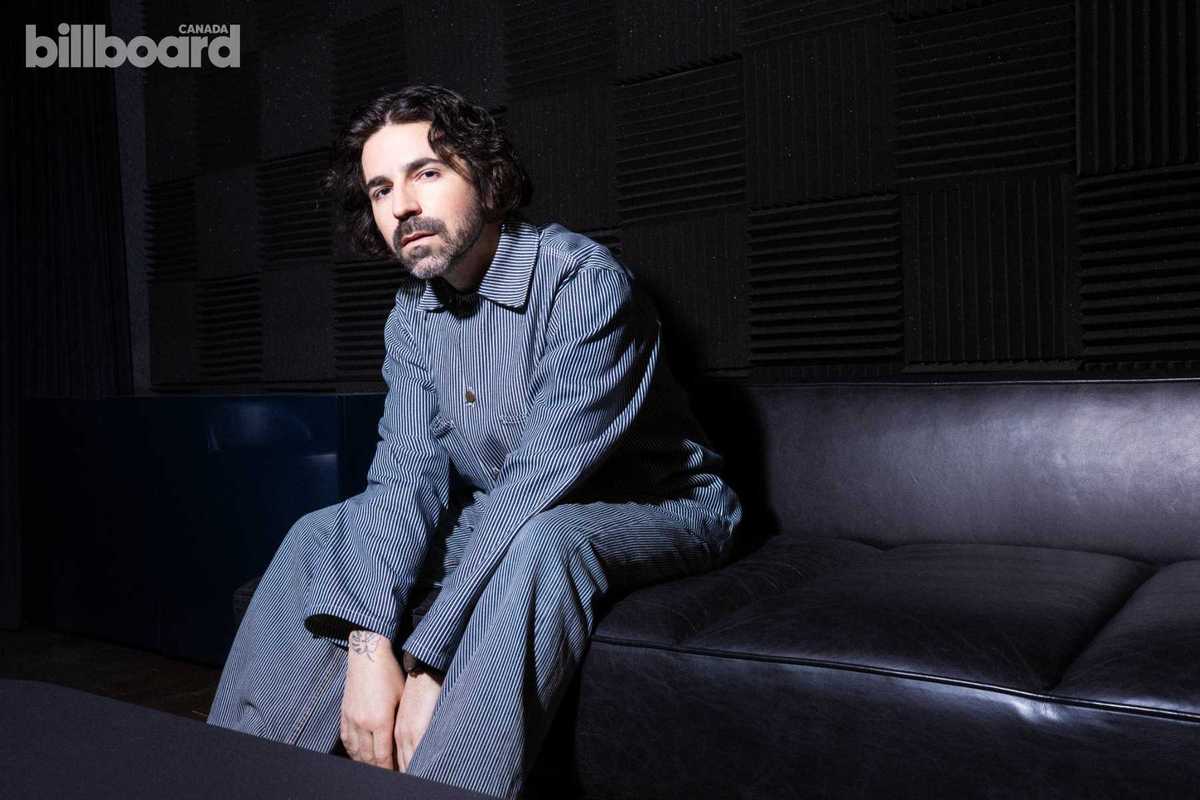







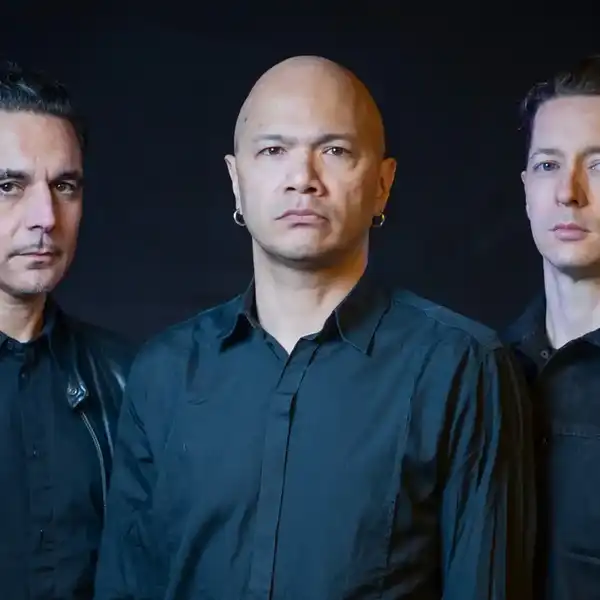








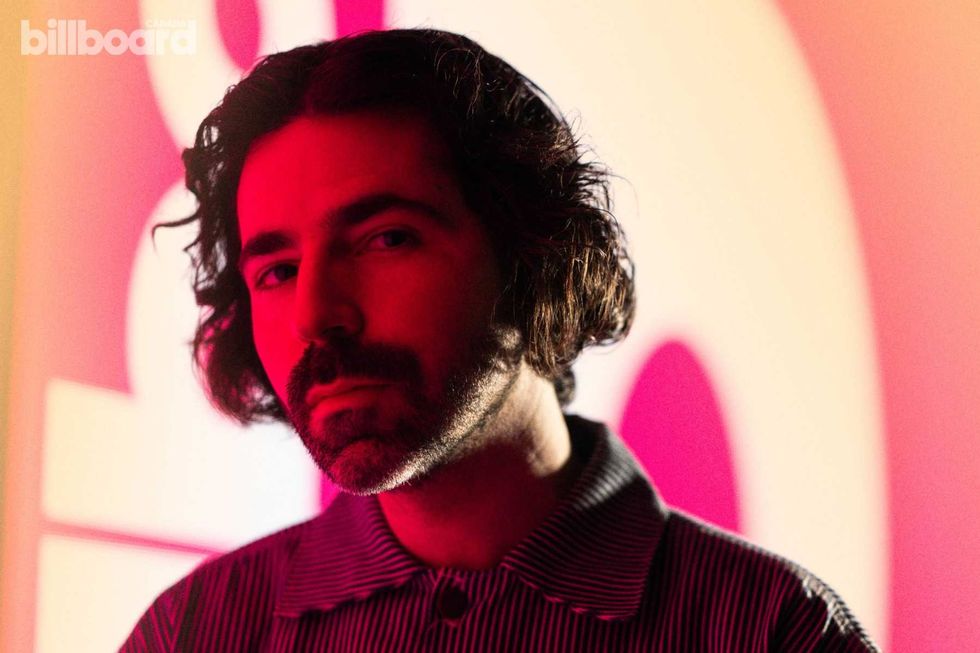 Felix Cartal shot at the W Toronto on Feb. 20, 2026. Lane Dorsey
Felix Cartal shot at the W Toronto on Feb. 20, 2026. Lane Dorsey 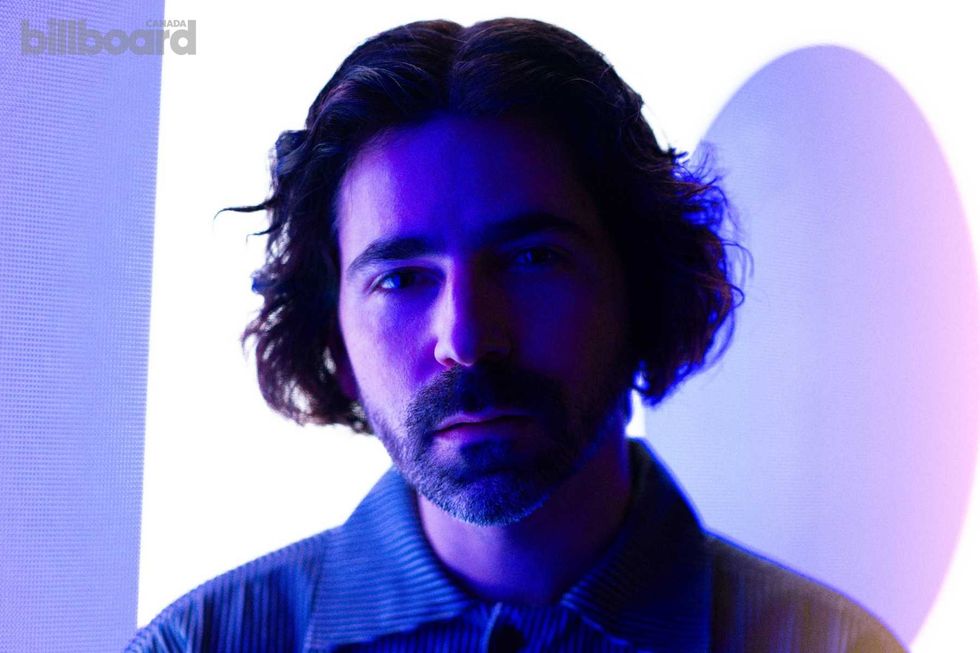 Felix Cartal shot at the W Toronto on Feb. 20, 2026.Lane Dorsey
Felix Cartal shot at the W Toronto on Feb. 20, 2026.Lane Dorsey